Frequently Asked Questions
Sponsor a Child
Q: How did you rescue the children in your care?
Martin our founder rescued all the children in our care. As he grew up on the streets from the ages of 10-16, he felt a desire to go back and help other children in the same position as he has once been. They were rescued from slums and hospitals, as well as other care homes that were shut down due to corruption, bad hygiene or lack of funding.
Q: How do you fund your organisation?
Our main bills are covered by sponsors that pay a monthly sponsorship fee to support their chosen child. Over and above this, development of our infrastructure and the private school fees are paid by fundraising carried out throughout the year, through events and campaigns.
Q: Who is paid in your organisation?
Our Ugandan house staff and security staff are paid, as well as the drivers that ensure the children's safe journey to and from school. Our music and teachers are paid on a percentage basis and do not receive a salary. Our European based staff all work on a voluntary basis, as well as part of our administrative team onsite. Our only extra costs incurred are generally banking fees.
I will eventually add more but these are the ones I can think of for the moment.
Q: How do I choose a child?
We will give you a description of each child, which will include information about their past, age, and personality and how long they have been with Chances for Children.
Q: How much does it cost to sponsor a child?
It costs 75 euros/ month to sponsor a child, you can also co-sponsor a child for 37 euros/month. Ideally it’s great if you can find a friend to co-sponsor with that will share your journey through the child’s life with them, otherwise we can find another person to co-sponsor.
Q: What does my sponsorship pay for?
The funds that are sent help your sponsored child through their education, paying for 3 square meals/ day, a roof over their head, school fees, clothes, shoes and hair maintenance (the girls have their hair plaited). As we grow and expand, this funding will also pay for more field trips and outings.
Q: How much of my money goes to the child?
The funds are sent directly from the sponsors’ bank to our Monaco account. They are then taken out in cash and sent to Uganda using a direct money transfer system, which is instantaneous and costs far less than a wire transfer. This means that the figure is as close to 100% as we can make it to, the only deductions are the transfer fee.
Q: How can I pay my monthly sponsorship?
This will be paid by standing order with your bank. We will provide you with a standing order sheet to be filled and signed, and given to your bank to authorise the funds being removed from your account once a month. We are looking to put a credit card system in place but our Monaco bank is asking for 20K euro deposit for this.
Q: What if I need to stop sponsoring the child?
We totally understand that due to circumstances changing, people may have to stop their sponsorship. If you can give us 2-3 months’ notice it would be great, so that we can find the child another sponsor and also explain to them as they will be writing to a new sponsor.
Q: Can I sponsor more than one child?
Yes! You can sponsor as many as you like! Of course if you have children a similar age as our children in Uganda they may like to sponsor one each. We also have several sets of siblings, and one pair of twin boys!
Q: Can I send my child presents on their birthday and Christmas?
Due to the issues with post, we suggest that we create a list of items that the children like
and the month of the child’s birthday, we give them that present on your behalf, and the same at Christmas. You may like to try and send a package by courier and see whether it arrives.
Q: Can I co-sponsor a child with someone else?
Absolutely, no problem. In this case you would need to find that person to share the 37 euro monthly cost with you and you will both receive combined communication.
Q: Can I visit the child?
Absolutely. We really encourage all our sponsors to take the trip out to visit the children. It’s an amazing life changing experience. Just let us know and we will be happy to welcome you and help organise it.
Q: Will the child know who their sponsors are?
They will do, unless the sponsor specifically wishes not to be known.
Q: Africa is known to have issues with HIV. Are any of the children HIV positive?
Only 1 of our children is HIV positive, his name is Reagan. He lives with a foster family that we support financially in order to make sure that he has enough personal care.
Q: Will I have direct contact with the child?
We will ensure that each sponsor receives an email every quarter. This will contain a report as to how the child is progressing, with school reports, their health and general progress. The children will also write a personal letter / drawing (depending on their age). It will be nice for sponsors to send a photo/ letter/ video of themselves to the child too (maybe with the sponsors family would like to get involved too, children often enjoy the interaction.) We are setting up a new email address with the sole purpose of interaction between the sponsors and children, managed by the team on the ground. We would love to be able to send hard copy documents but the postal service is extremely corrupt in Uganda and documents rarely arrive unless they are sent by courier service. We will also try to record videos of the children’s reading and singing etc but bear with us on that whilst we put it into place! As the orphanage expands and we develop we aim to set up video calling so that the sponsors can see and chat to their children.
Q: If many of the children were rescued from the slums, how do you know their birthdays?
We only have a birth certificate for 1 of our children as he was rescued from the hospital just after birth. During the Monaco teams’ visit to Uganda in November 2015, our friend Pierre Seneca (who is a qualified dentist) gave us an idea of their ages judging by their dental development. As a team we decided to give the children birthdays for several
reasons. When they grow up they will need official ID papers, especially if they wish to travel. None of these children grew up being able to celebrate birthdays, which are such a special day every year in a child’s life, as they look forward to it.




